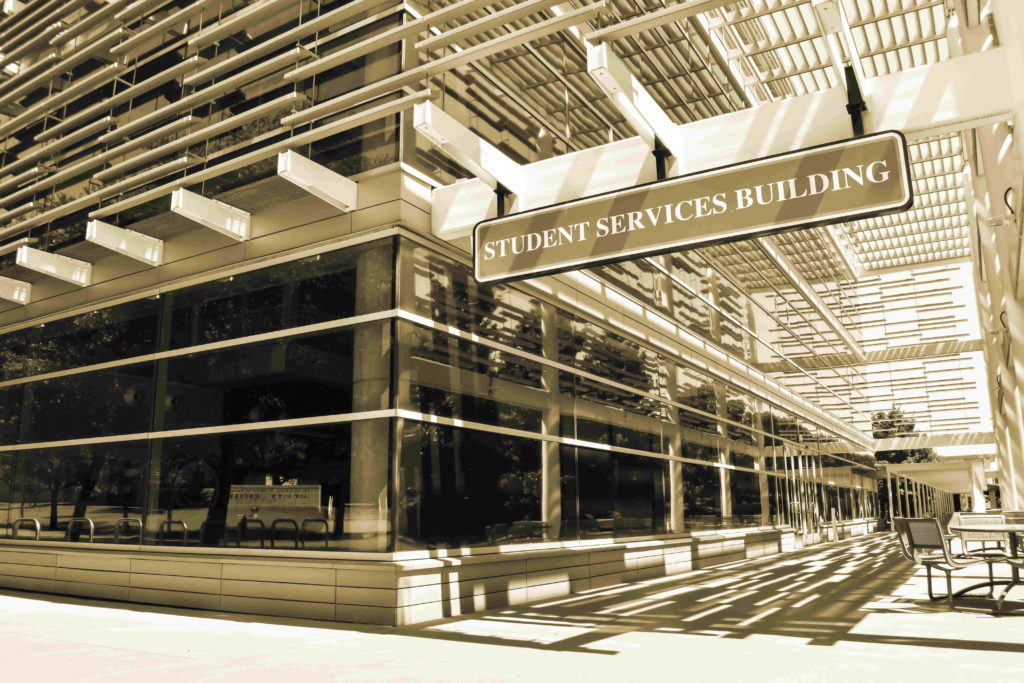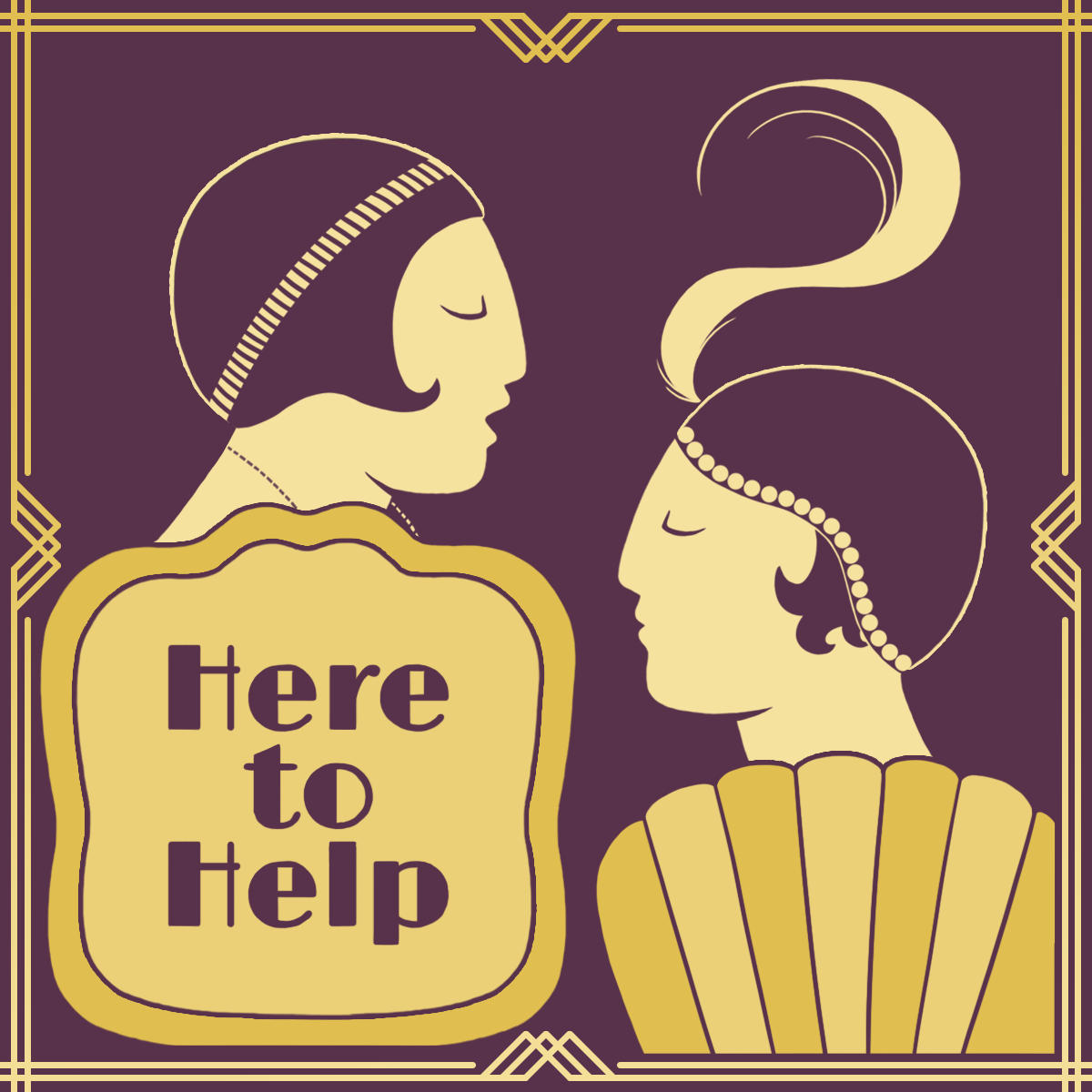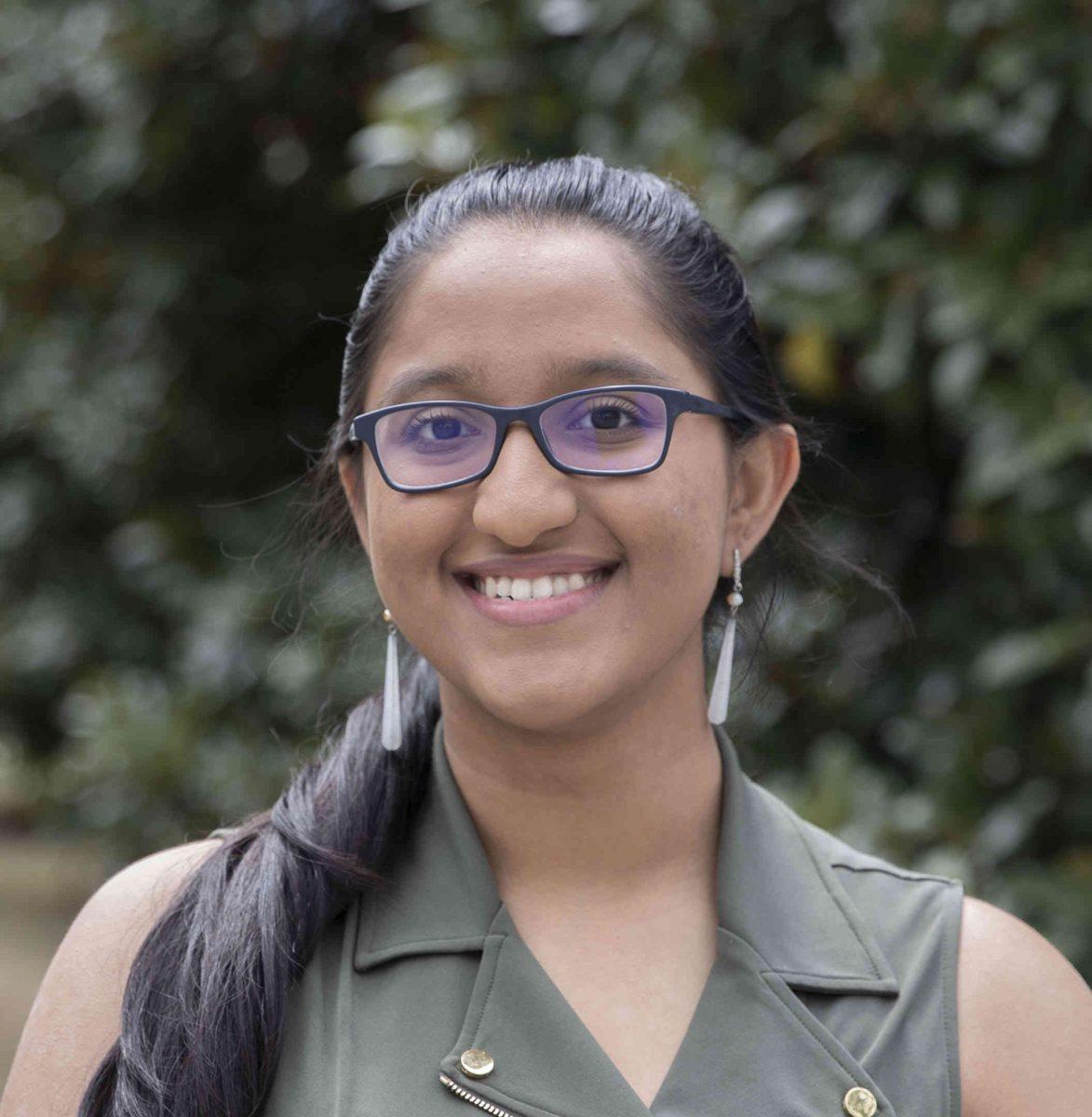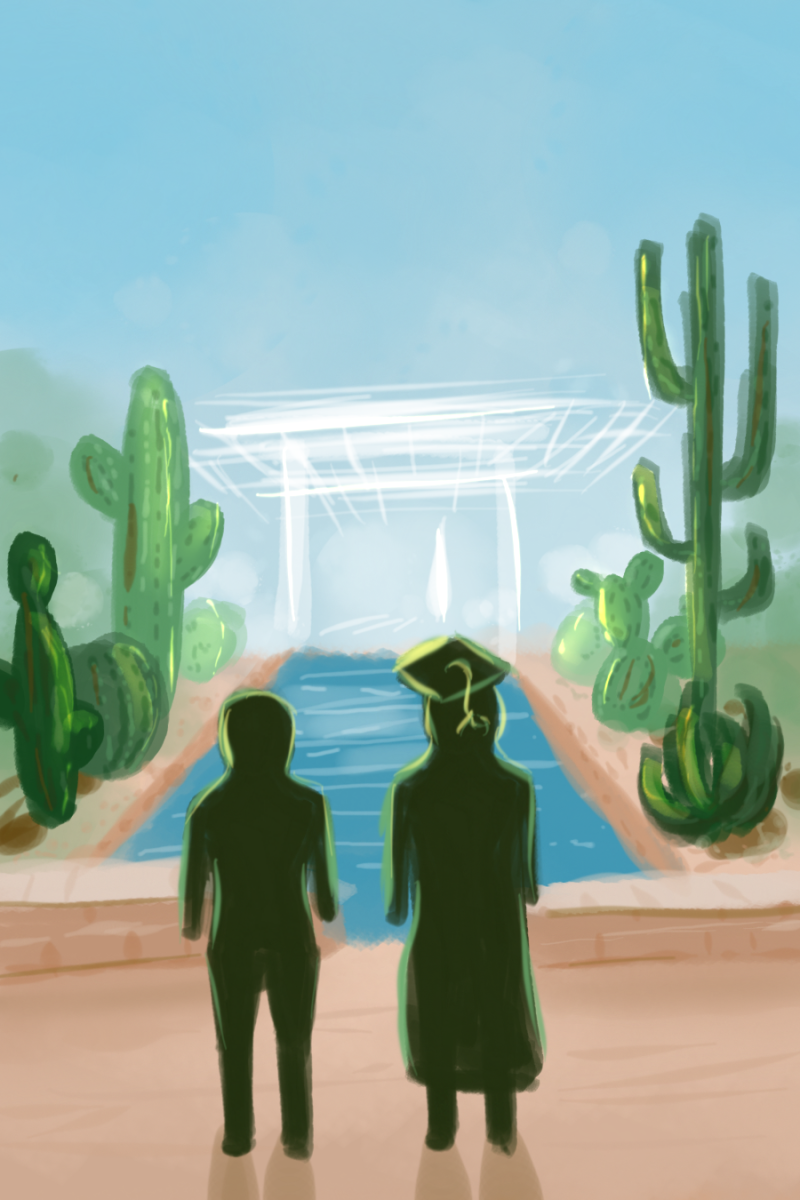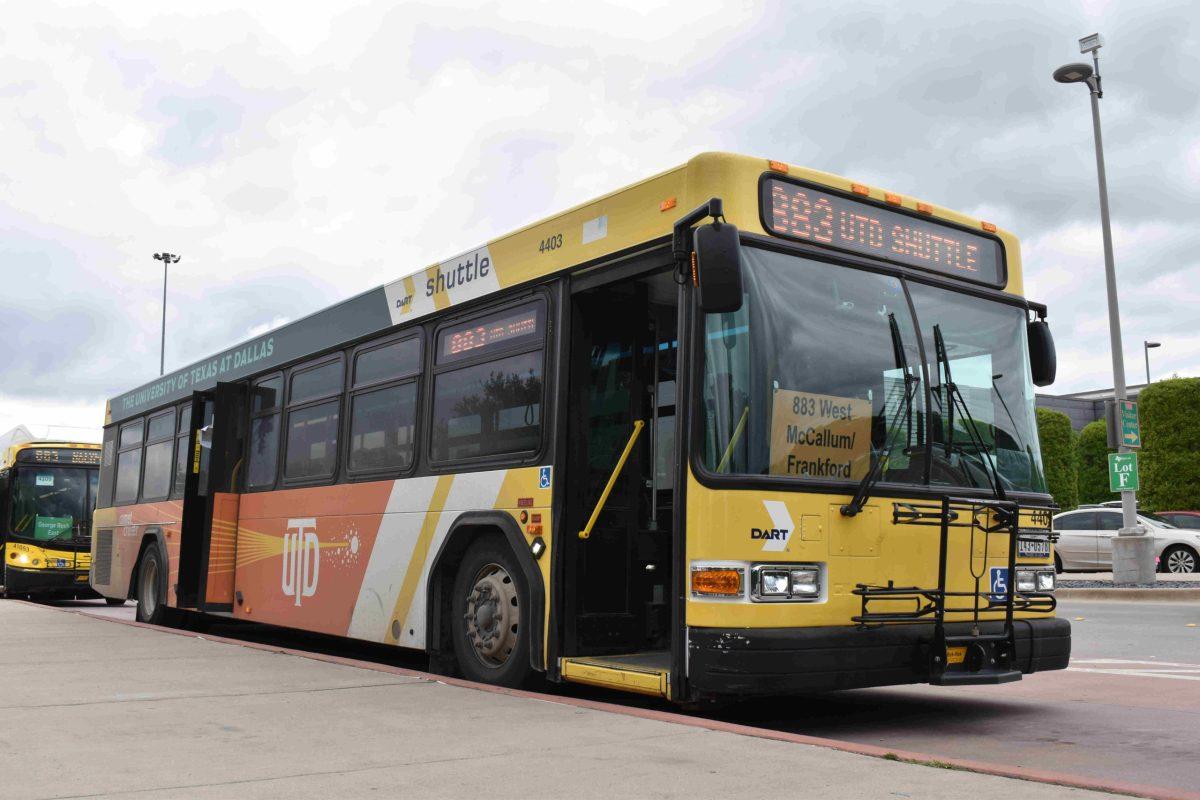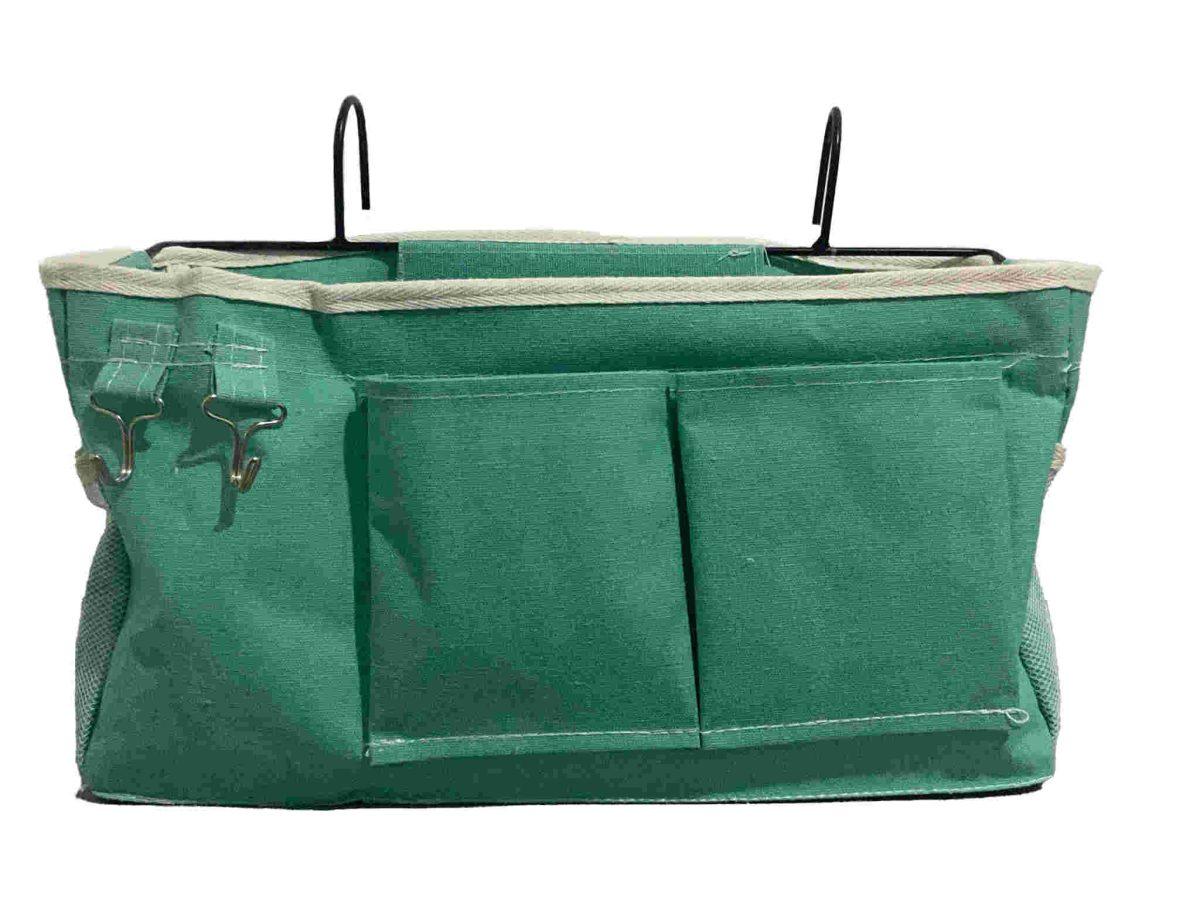If you’re having mental health difficulties – like many of us after a year in a pandemic – remember that you can lay low at the UTD Student Counseling Center (SSC).
What’s the SCC?
The SCC is a mental health clinic that serves enrolled UTD students year-round and free of charge. For the Summer 2021 Term, the SCC will be free for all students – enrolled or not. The SCC is located in suite SSB 4.600 in the Student Services Building.
How can I reach out for help?
You can get into this spot by sending an email to [email protected] or ringing them up at 972-883-2575. The SCC should reply to you through your UTD email within one business day, requesting that you fill out some online paperwork for an initial evaluation meeting. If you’re younger than 18, the SCC will send you a minor consent form, which you will need to ask your parent or guardian to sign, or you can sign it yourself and note down why you should be seen without parent permission. Once all paperwork is filled out and returned, the SCC will reach out to you as soon as possible to schedule your initial evaluation meeting. In this meeting, you and your therapist will discuss your mental difficulties and decide on a counseling service.
What if I’m in a crisis situation and need help immediately?
For crises occurring on weekends or outside the SCC’s business hours, (Monday – Friday, 8am – 5pm, except for Thursdays, 8 am – 7:30pm) you can ring up UTD’s crisis hotline, UTD-Talk, for professional support. The phone number for UTD-Talk is 972-UTD-TALK or 972-883-8255 and it’s available 24/7.
The SCC offers the following services:
- Individual Counseling: These are one-on-one sessions where counselors support and advise on students’ personal, emotional or behavioral goals. Students are allowed six free sessions per academic year.
- Comet Chat: This is an informal 15-minute consultation with an SCC staff member for students interested in getting more information about counseling, concerned for a friend, interested in campus resources or not interested in counseling but seeking a brief consultation. Students can book a Comet Chat appointment online.
- Couple Counseling: Also known as family counseling, couple counseling helps students and their partners or families resolve relationship conflicts and improve relational skills. Only one member of the party needs to be an enrolled UTD student, and couples don’t have to be married. Students are allowed eight free sessions per academic year.
- Group Counseling: This type of counseling aids in a student’s personal, behavioral or emotional goals through peer support. Co-facilitators are present to encourage participation and provide feedback. Available groups change with semester, but for the Summer 2021 Term, the SCC is offering Personal Growth, Healthy Relationships and Dialectical Behavioral Therapy for University Students groups.
- Workshops: These sessions help students learn about and discuss common mental health difficulties. Advanced workshops are three-week series that teach students about the background information, symptoms and strategies for handling a specific mental health concern. You can view past workshops in the Workshop Library or the SCC’s YouTube channel.
- Psychiatric Services: Psychiatric services are available for SCC clients to diagnose and treat mental health disorders. The SCC may make referrals for psychiatrists in the community if a student’s counselor determines that they need long-term psychiatric assistance or psychotropic medication.
- LGBT+ Services: The SCC offers affirming individual, group, couple and psychiatric services for LGBT+ students in addition to specialized services for transgender and non-binary students seeking gender-affirming treatments and documents. You can locate a detailed guide on obtaining gender-affirming treatments and documents on the SCC website.
- My Student Support Program: My SSP is a free 24/7 remote counseling app geared towards international and out-of-state students. My SSP counselors can be reached through mobile chat, video or telephone and can speak multiple languages.
- Sexual Assault Recovery: In addition to counseling, the SCC offers informative and immediate consultations for students wondering what to do after an assault and students assaulted within the last two weeks. Student confidentiality is preserved because SCC staff are exempt from mandatory sexual assault reporting. Details on reporting sexual assault and assault resources are available on the SCC website.
- Center for Students in Recovery: Services for students recovering from addiction or compulsive behaviors include individual support with a professional, recovery meetings, sober social activities, a supportive community of peers and volunteer and service opportunities.
How many services can I do at once? Will they be in-person or online?
For the Fall 2021 Term and beyond, the SCC will most likely only allow you to do one type of counseling at a time due to a historically higher demand for services in-person, before the pandemic. However, you can couple your counseling with consultations, educational programs, and the My SSP app if you desire (e.g, you could do individual counseling and schedule a consultation to discuss how to support a friend simultaneously). For those starting early in the Summer 2021 Term, you can do multiple types of counseling, free of charge and virtually, through Microsoft Teams. You will need to reach out to the SCC separately for each semester you need counseling.
My counseling isn’t helping. What should I do?
If you’re doing group therapy and feel that you need more support, feel free to bring up your concern to a co-facilitator, so they can accommodate you better or get you situated with another service. If you feel that you aren’t connecting with your individual therapist, don’t shy away from asking for a different counselor. It may seem daunting to bring up a personal connection issue, but rest assured that your counselor won’t get offended; they care about getting you the support you need, even if that support doesn’t come from them.
I’m worried about my friend/classmate. How can I help them?
To support a companion struggling with their mental health, you can encourage them to schedule an appointment with the SCC, schedule a consultation with the SCC to see how you can specifically support their situation or walk with them to the SCC building to show solidarity. If you’re worried about a friend or classmate currently attempting suicide or trying to hurt themselves, call 911 or the UTD Police Department for immediate assistance. If you’re worried about a student that isn’t in a crisis situation, but is exhibiting disruptive or harmful symptoms, you can contact the Dean of Students or fill out the Behavior Assessment and Intervention Team referral form to express concern.
Don’t ever feel like your struggles aren’t significant or worthy enough to reach out the SCC. Whether you’re experiencing testing anxiety, pandemic-related loneliness, intense trauma or any multitude of dilemmas, you are valid and deserve support, and the SCC is here to help.
